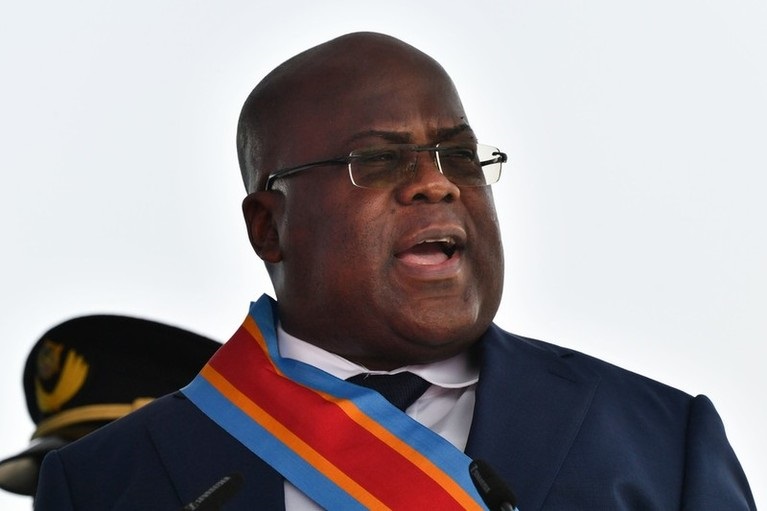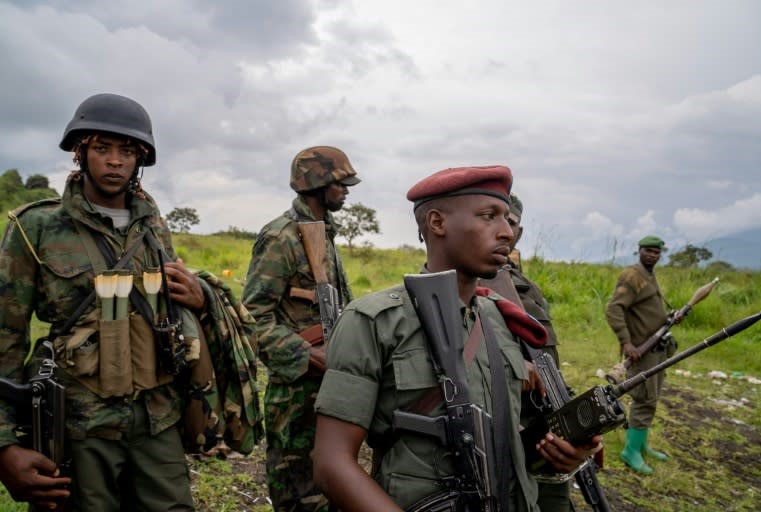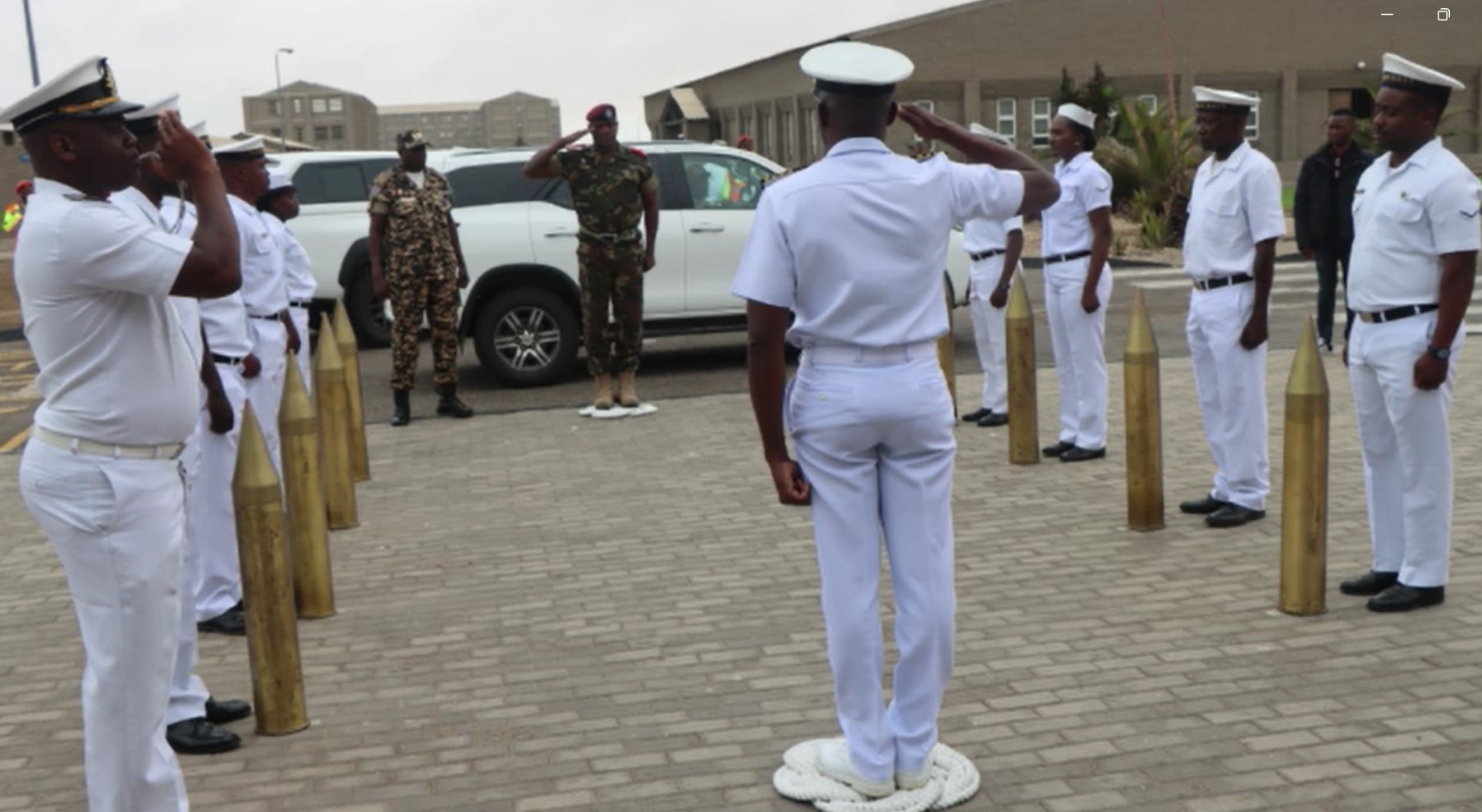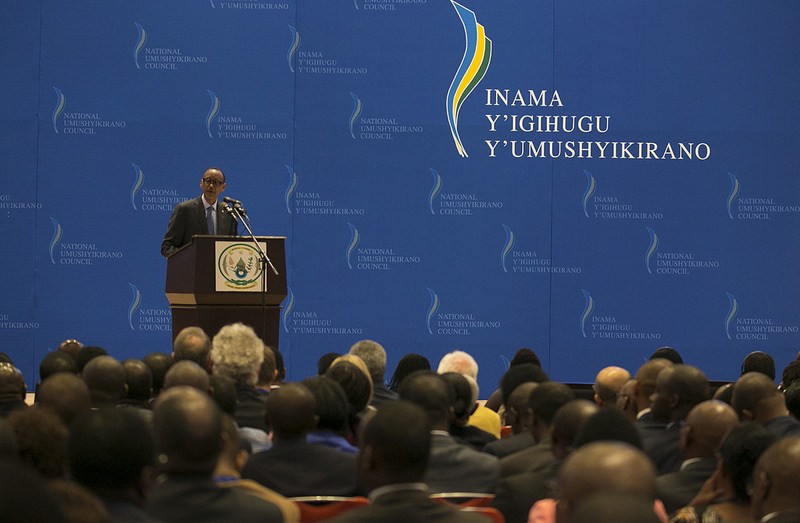Regional
DRC: Tshisekedi’s grand plan to rig elections exposed

The
Democratic Republic of Congo (DRC) is expected to hold presidential elections
in December. Incumbent president Félix Tshisekedi is expected to avail himself for
a second term, although majority Congolese believe that he has failed to
deliver any tangible achievements in his first term.
If
Tshisekedi was a gentleman, he could simply step down rather than continuing to
be an embarrassment to the Congolese state.
Although
Tshisekedi was declared the winner in 2019, the reality was that he had lost
the elections miserably, emerging third after Martin Fayulu and Emmanuel Ramazani.
Tshisekedi who lived in Brussels as a taxi driver was little known in DRC
politics and only rode on the fame of his father Étienne Tshisekedi who was a long time opposition leader.
Knowing
well that he is unpopular and has not delivered any development to the
Congolese people in the last five years, sources in Kinshasa reveal, Tshisekedi
is already in panic mode planning how he will rig elections. He wants to maintain
instability in the east of the country to divert attention of the opposition, a
situation he can use also as an excuse to buy more time and postpone or even
cancel the elections.
According to the calendar of the Independent National Electoral Commission
(CENI),
over 50 million Congolese were expected to be registered for voting by March
17. However, about two weeks to the
deadline, there is no single voting centre that has reportedly completed
registration including in the capital Kinshasa.
A
further 24 centres in Kinshasa and an unspecified number in Mai Ndombe province
are yet to open.
In
a statement, the CENI rapporteur Patricia Nseya attributed the delay to “operational
difficulties and security issues,” without giving details. Before
the launch of the voter registration exercise on December 24, 2022, Denis Kadima, the
president of the CENI, received instructions from Tshisekedi to use all possible means
to create conditions that will not allow opposition strongholds to register.
Majority
of Congolese are worried that the CENI is deliberately creating the problems of
lack of power sources of the machines and delays in the registration, delivery
of kits, solar panels, cables, in order to organize electoral chaos to prepare
for fraud.
On
the other hand, Tshisekedi is accused of using the CENI to create more voting
centres in his home province of Kasai, allegedly preparing to enroll thousands
of ‘ghost voters.’
Moïse Katumbi,
a businessman and an opposition politician who has declared his intention to
run for presidency, has said that, "there
are more enrolment machines in Kasai than in other more populated areas like Katanga."
Many
Congolese have expressed similar sentiments and believe that the CENI is
prioritizing registering voters in areas loyal to Tshisekedi.
In
October 2021, the choice of Kadima as head
of the CENI caused anger. Over 10,000 opposition demonstrators took to the
streets in Kinshasa asking
for a neutral election commission.
The police used tear gas to disperse demonstrators
who chanted that Kadima is known to be very close to Tshisekedi and a fellow
tribesman from Kasai and therefore cannot be trusted to be impartial.
To
ensure that the electoral fraud is well coordinated, Tshisekedi also ensured
that majority senior judges of the
Constitutional Court and the Court of Appeal, responsible for dealing with
electoral disputes, are from his home province of Kasai. The same is true of
the Minister of Justice, Rose
Mutombo Kiese, who is a Luba from Kasai-Oriental like
President Tshisekedi.
The power to organize and secure the elections is in the
hands of the Deputy Prime Minister, Minister of the Interior, Security,
Decentralization and Customary Affairs, Daniel Aselo Okito wa Koyi. Aselo is
originally from Sankuru in Greater Kasai, and a strong supporter of
Tshisekedi’s UDPS party.
As far as the financial aspects of the electoral process are
concerned, they are managed by two other Luba from Kasai, the Minister of
Finance, Nicolas
Kazadi, as well as the Governor of the Central Bank, Malangu Kabedi Mbuyi, born in Kananga-Kasai
Oriental.
Apart
from manipulating the CENI and other institutions like the judiciary and
finance to deliver him victory in the 2023 elections, Tshisekedi also wants to
escalate the insecurity crisis in the east of the country to divert the attention
of the opposition from campaigning against him but instead attract their
sympathy to rally behind him to scapegoat Rwanda as the perceived common
external enemy responsible for destabilizing DRC. To some extent, Tshisekedi
has succeeded in confusing the opposition which is not demanding accountability,
and allowing the presence of foreign mercenaries to fight their fellow
Rwandophone Congolese rather than listening to their grievances through
political dialogue.
Political analysts warn that the 2023 elections are likely to turn chaotic.
Tshisekedi has, for a
long time, prepared to rig the elections which will create more insecurity in
the country.
In the worst-case
scenario, Tshisekedi may want to buy more time by extending elections beyond
2023, using the pretext of the war with M23 rebels which is also likely to
create more violence in an already volatile environment.



.jpeg-20230228104008000000.jpeg)



.jpeg-20230224104259000000.jpeg)